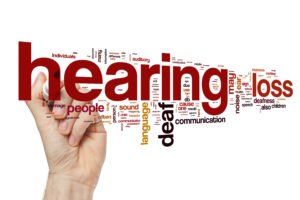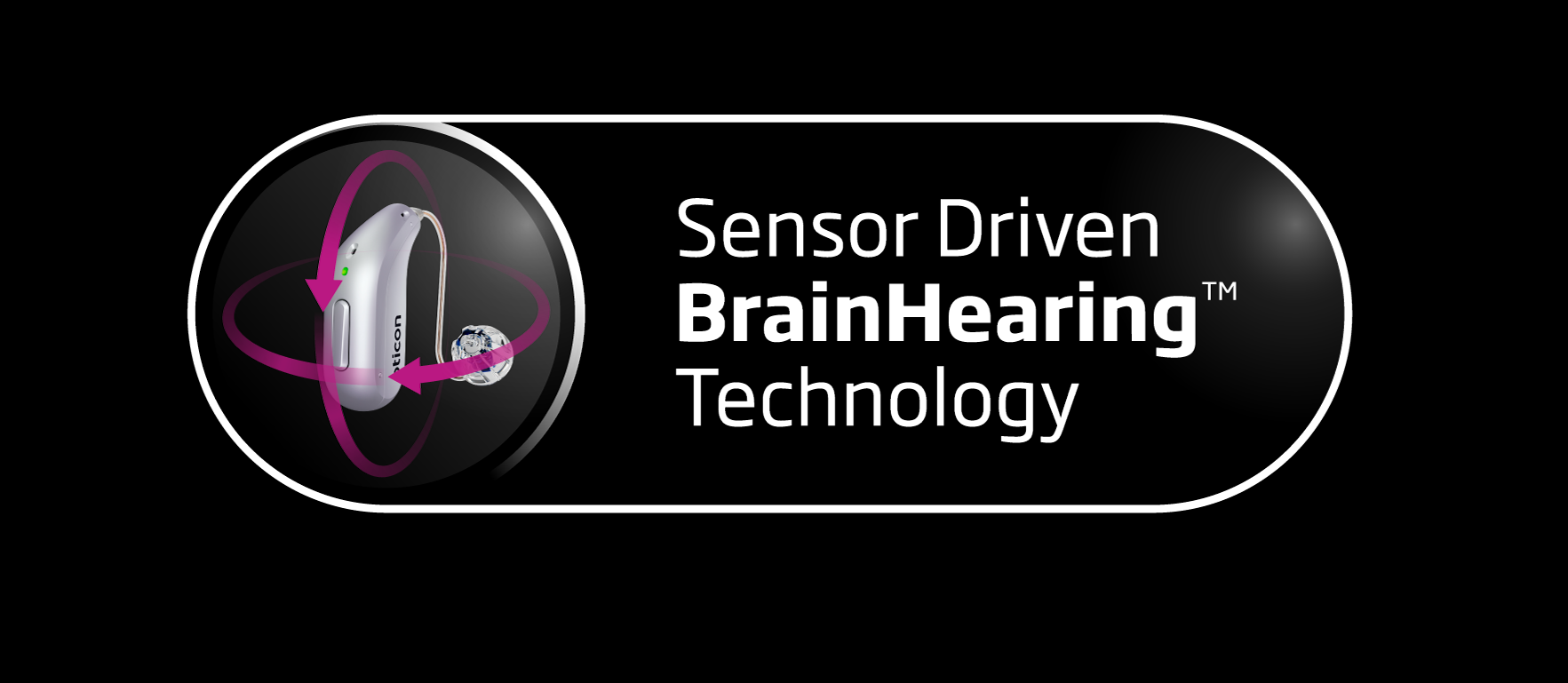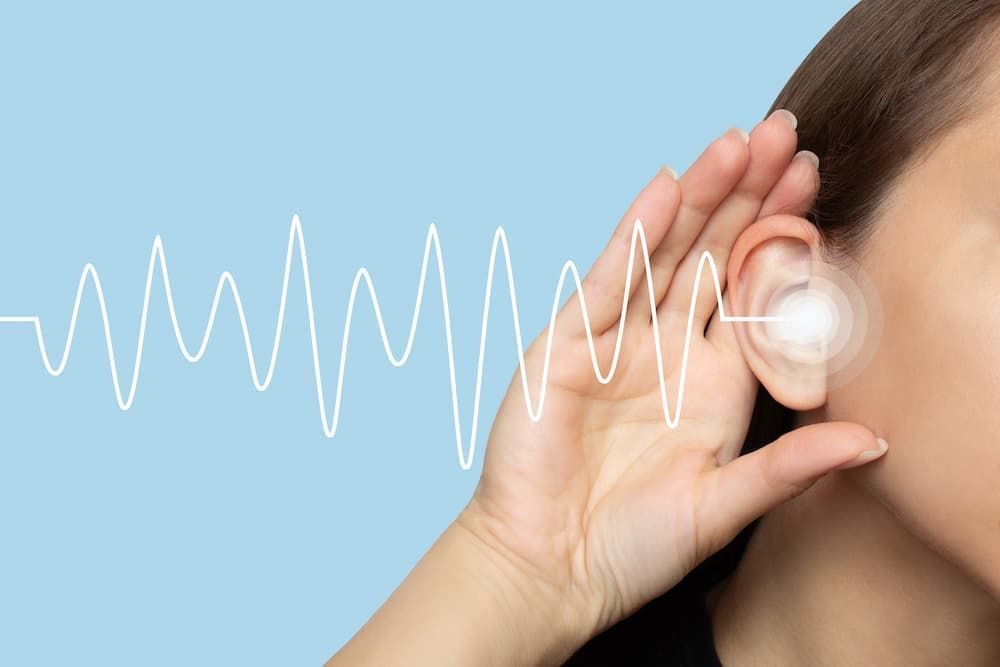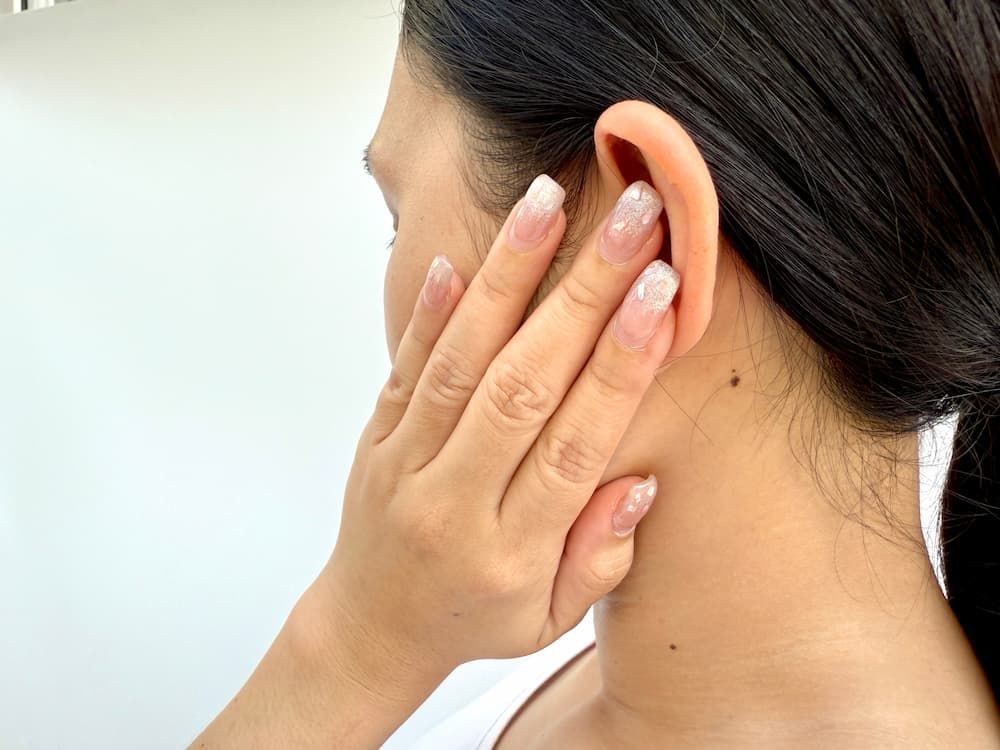Resolve to Treat Your Hearing Loss in 2022
January 17, 2022


The new year is here and with it comes the hope for a better start! The time has never been a better one to treat your hearing loss in 2022!
According to Atlanta Hearing Associates, only 20 percent of people with hearing loss seek out treatment, and the people who do seek treatment will wait between 5 to 7 years before receiving a hearing aid. This resistance to treatment means that thousands of people are suffering year after year. They are missing the joys of effortless hearing and depriving their brain of the audible stimulus it needs to stay functioning and alert.
Reasons Why Hearing Loss Remains Untreated
People refuse or postpone treatment for their hearing loss for several reasons. The most common reasons are the following:
- Hearing loss is gradual — Typically, people do not wake up one day and notice a large decrease in their hearing ability (unless they received an injury). Most often, hearing loss happens so slowly over time that our patient’s do not even notice the change.
- Hearing loss is partial — Hearing loss may affect only high-frequency sounds while low frequencies remain the same. A person with partial hearing may assume that the people around him are mumbling.
- Hearing loss is invisible — Hearing loss is typically painless; and, unlike a bruise, it leaves no physical mark. Problems that can’t be seen are often viewed as small threats that can be ignored.
- Hearing loss is easily compensated — To some people, hearing loss isn’t a problem that necessitates immediate action. Instead of addressing the problem, people compensate by turning up the television volume and asking people to repeat themselves. Although these actions might postpone treatment, they are far from valid solutions.
Beyond these reasons, another reason that some people postpone treatment is that they have been miseducated about their hearing situation. People may struggle to hear only in noisy environments and suspect (or are told) that their hearing is normal. However, this problem may be caused by an auditory processing disorder such as an auditory neuropathy.
Overcoming Barriers and Seeking Treatment
There is never a wrong time to acknowledge your hearing loss and seek treatment. The following are three ways you can overcome your resistance and start on the path toward better hearing.
- Acknowledge your hearing loss — Hearing loss is common. Approximately 1 in every 5 people will develop some form of hearing loss in their lifetimes. Acknowledging the problem is the first step toward treatment. Do you have a loved one who is resistant to scheduling a hearing test? Offer to go in with them and get your hearing tested too!
- Have your hearing tested — Not sure who to contact first? Give us a call and we can help you figure out who you need to contact first before your first scheduled visit! A hearing test at The Tinnitus and Hearing Center of Arizona will identify how your hearing is being affected and what your treatment options are. We have some couples who come in together to get their hearing tested. This usually helps those who are resistant to getting help.
- Consider hearing aids — At The Tinnitus and Hearing Center of Arizona we can educate you about the latest hearing aid devices and their capabilities. We pride ourselves on giving a thorough explanation as well as demonstrate what a hearing aid will sound like!
Find Treatment Today
Don’t let another year pass you by as you struggle with untreated hearing loss. Overcome your barriers and seek treatment today! If you are experiencing hearing loss, contact your primary care physician for a referral or call our office at
480-831-6159
. We are more than happy to assist you as you resolve to make this year the best one for you and your hearing!
References
“Hearing Loss: Overcoming The Barriers To Treatment.” Atlanta Hearing Associates. HearAtlanta.com. Published April 28, 2016. Accessed December 6, 2021.
.

We’re still surprised how many people have outdated ideas about what hearing aids are like. It’s common for patients to come in expecting large, uncomfortable devices that distort sounds or make everything seem tinny or artificial. In fact, one of the first things many of our patients say is, “I can’t believe how natural everything sounds!” Or they might remark on how comfortable they are to wear. We love pleasantly surprising people!

Hearing aids can improve your quality of life tremendously, but that's if they've been properly fitted -- and if you've received a model that works well with your specific type of hearing loss and your lifestyle. When you choose your hearing aids, you'll encounter a few companies that all offer good products. These four in particular are recommended by our audiologists. ReSound First up is ReSound, which has been helping people with hearing loss since 1943. About the manufacturer ReSound focuses on making sound more natural (the company calls this "organic hearing") while using the latest broadcast technology to bring you clearer sound and more efficient controls. The company also offers accessories that work with TVs to stream sound directly to the hearing aids. Benefits of ReSound ReSound's research and development focuses on making hearing aids as easy to control and as seamlessly integrated into your life as possible. Control the hearing aids via a smartphone app, and get ready to stream TV and radio right to your hearing aids when Auracast technology becomes available. Why We Recommend ReSound ReSound is adding Auracast to its Bluetooth-enabled Nexia hearing aids, which will enable you to receive TV and radio broadcasts directly to your hearing aids. The Nexia is suitable for mild to profound hearing loss. ReSound hearing aids also use Bluetooth Low Energy Audio, which preserves battery life and provides better sound. Oticon Next is Oticon, which has been around in one form or another since 1904. The company first used the Oticon name in 1946. About the manufacturer Oticon's roots lie in one Danish man's contract with an English hearing aid company to distribute hearing aids in Denmark. Over the decades, that contract grew into a full-fledged, family-owned hearing aid manufacturer with worldwide distribution. Benefits of Oticon Oticon's focus over the past several years has been on technology that allows for better connectivity along with sound technology that works to fill in gaps, rather than just amplify. Why We Recommend Oticon Oticon's hearing aid models have had internet and mobile phone connectivity for almost a decade. One of its latest models, the Intent, has AI-driven sensors that predict your hearing assistance needs in real time, adjusting to the situation you're in instead of giving you fixed amplification levels that may not work in every situation. The Intent is suitable for mild to severe hearing loss and also works with Auracast and Bluetooth LE technology. Phonak The third company on the list is Phonak, which has been around since 1947. About the manufacturer Phonak is a Swiss company that has consistently worked to improve its hearing aids in ways you never knew you needed, such as having the first water-resistant hearing aid housing for aids for severe hearing losses. Phonak is owned by Sonova, which also makes the Sennheiser brand of audio and recording accessories. Benefits of Phonak Phonak offers a very broad range of hearing aids and also produces the Roger wireless microphone. This helps hearing aid users overcome ambient noise -- no matter what their level of hearing loss -- so that speech is clearer even in very noisy situations. Why We Recommend Phonak Phonak's Naida Lumity is not only Bluetooth-enabled, but it also uses Phonak's SmartSpeech technology to zero in on speech as ambient noise levels change. Sensors locate the dominant speech in a room and direct microphones toward the sound, and the technology enhances speech cues to provide more information about what's being said. Starkey Last, but not least, is Starkey, an established U.S. company that's been in business since 1967. About the manufacturer Starkey started off as a hearing aid repair company in Minnesota. Over the years, the company has launched innovative programs for hearing education, battery recycling, and hearing aid testing. Benefits of Starkey The company has long been a leader in customer service, starting with fixed charges for repairs and adding trial periods and warranties, which were not typical at the time Starkey started offering them. The company was the first to design in-the-canal aids with its Tympanette model. It's also designed with advanced digital and programmable lines of hearing aids. Why We Recommend Starkey Starkey recently released the Edge AI hearing aid series that offers speech enhancement, rechargeable batteries, and Bluetooth LE technology. The Edge AI series works with all levels of hearing loss. Find the Right Hearing Aid for You The sheer number of hearing aid companies, let alone the sheer number of hearing aids, can be intimidating for anyone. Dr. Allen Rohe and Amy Rohe at the Tinnitus & Hearing Center of Arizona in the Phoenix-Mesa metropolitan region can help you find hearing aids that work best for you. Contact us to arrange for a consultation to discuss testing and fitting for your needs. Image Souce: Janeberry /Shutterstock









